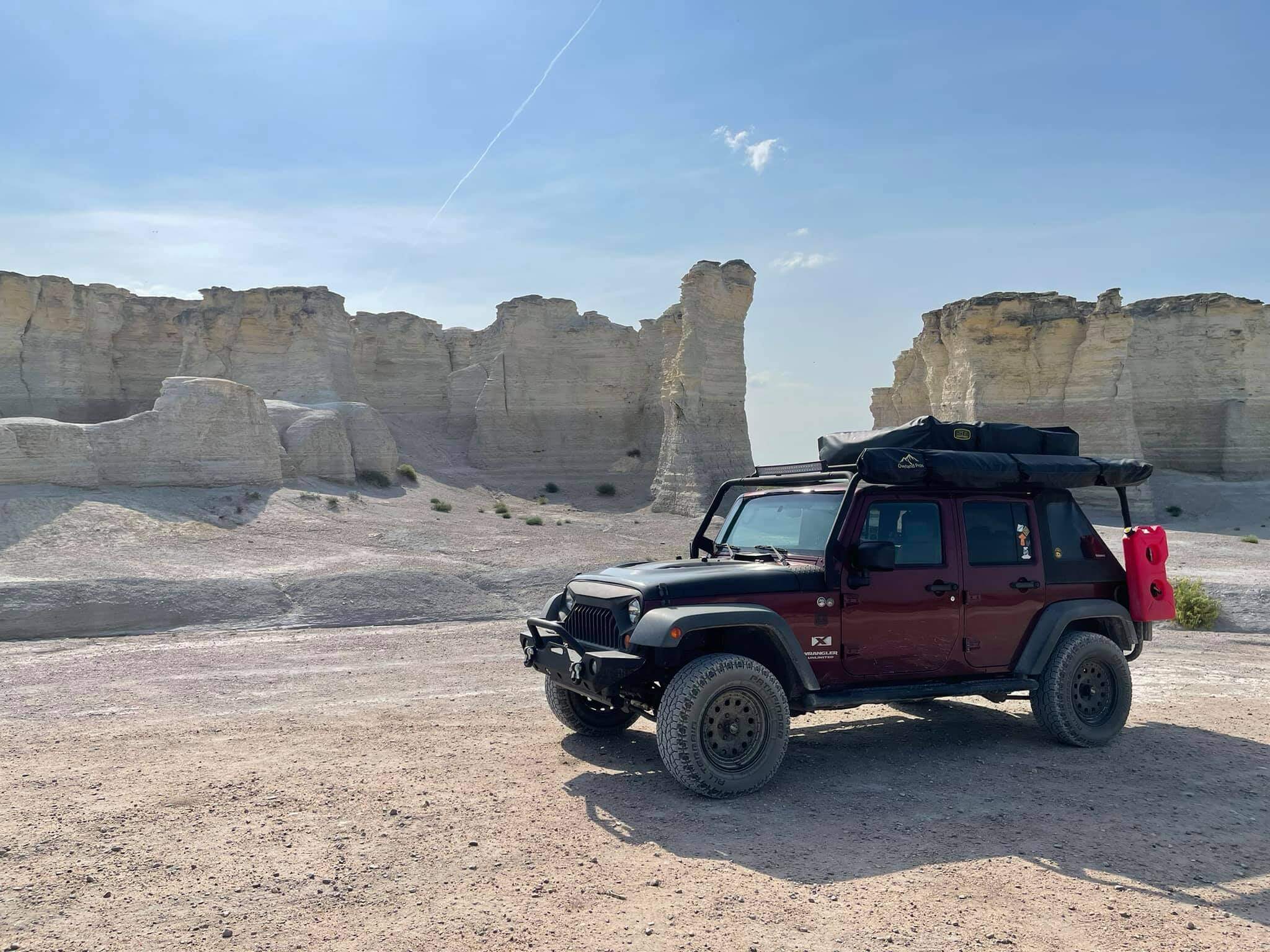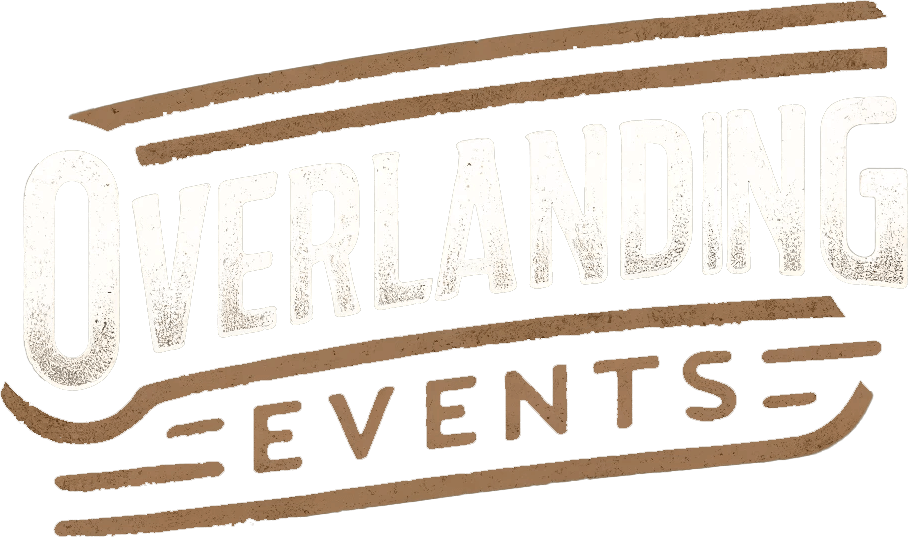Overlanding, the blend of off-road travel and camping, has gained popularity worldwide. However, several myths and misconceptions about overlanding persist. This post aims to debunk these common myths and provide a clearer understanding of what overlanding truly entails.
Myth 1: Overlanding Requires Expensive Gear
Reality: While high-end gear can enhance the experience, it’s not a necessity. Overlanding can be as simple as using what you already have and gradually upgrading your equipment. The essentials are a reliable vehicle, basic camping gear, and a sense of adventure.
Myth 2: You Need a Specially Modified Vehicle
Reality: Although a heavily modified vehicle can handle extreme terrains better, many overlanders start with stock vehicles. Ensuring your vehicle is well-maintained and equipped with the basics like good tires, recovery gear, and proper storage is often enough for most trips.
Myth 3: Overlanding is Dangerous
Reality: Like any outdoor activity, overlanding carries risks, but with proper planning and precautions, it can be very safe. Understanding your limits, preparing for emergencies, and practicing safe driving and camping techniques mitigate most dangers.
Myth 4: Overlanding is Only for the Experienced
Reality: Beginners are welcome! The overlanding community is inclusive and supportive, offering resources and advice for newcomers. Start with shorter, less challenging trips to build your skills and confidence.
Myth 5: You Have to Be a Mechanic
Reality: Basic mechanical knowledge is beneficial but not a requirement. Many overlanders learn as they go, carrying essential tools and relying on resources like online forums and repair manuals.
Myth 6: Overlanding is Just Another Word for Off-Roading
Reality: While off-roading is a component, overlanding emphasizes long-distance travel, self-sufficiency, and exploring remote areas. It’s about the journey and the experiences along the way, not just driving off-road.
Myth 7: Overlanding is a Solo Activity
Reality: Many overlanders travel in groups or with family and friends. Group travel can enhance safety and camaraderie, making the experience more enjoyable and memorable.
Myth 8: Overlanding is Hard on the Environment
Reality: Responsible overlanding practices, like adhering to Leave No Trace principles, minimize environmental impact. Staying on designated trails, packing out all trash, and respecting wildlife and local communities are crucial to sustainable overlanding.
Myth 9: You Need a Lot of Time to Overland
Reality: Overlanding can fit various schedules. Weekend trips and short excursions are just as valid as extended journeys. The key is making the most of the time you have to explore and enjoy nature.
Myth 10: Overlanding is Only for Remote Areas
Reality: Overlanding isn’t limited to remote wilderness. It can include exploring scenic byways, national parks, and even less-traveled rural roads. The essence is the journey and self-reliant travel, no matter the destination.
Overlanding is accessible, enjoyable, and flexible. By debunking these myths, we hope to encourage more people to explore this rewarding form of travel. Whether you’re a seasoned adventurer or a curious beginner, overlanding offers endless opportunities to discover new places and experiences. Embrace the journey, stay safe, and enjoy the adventure.


